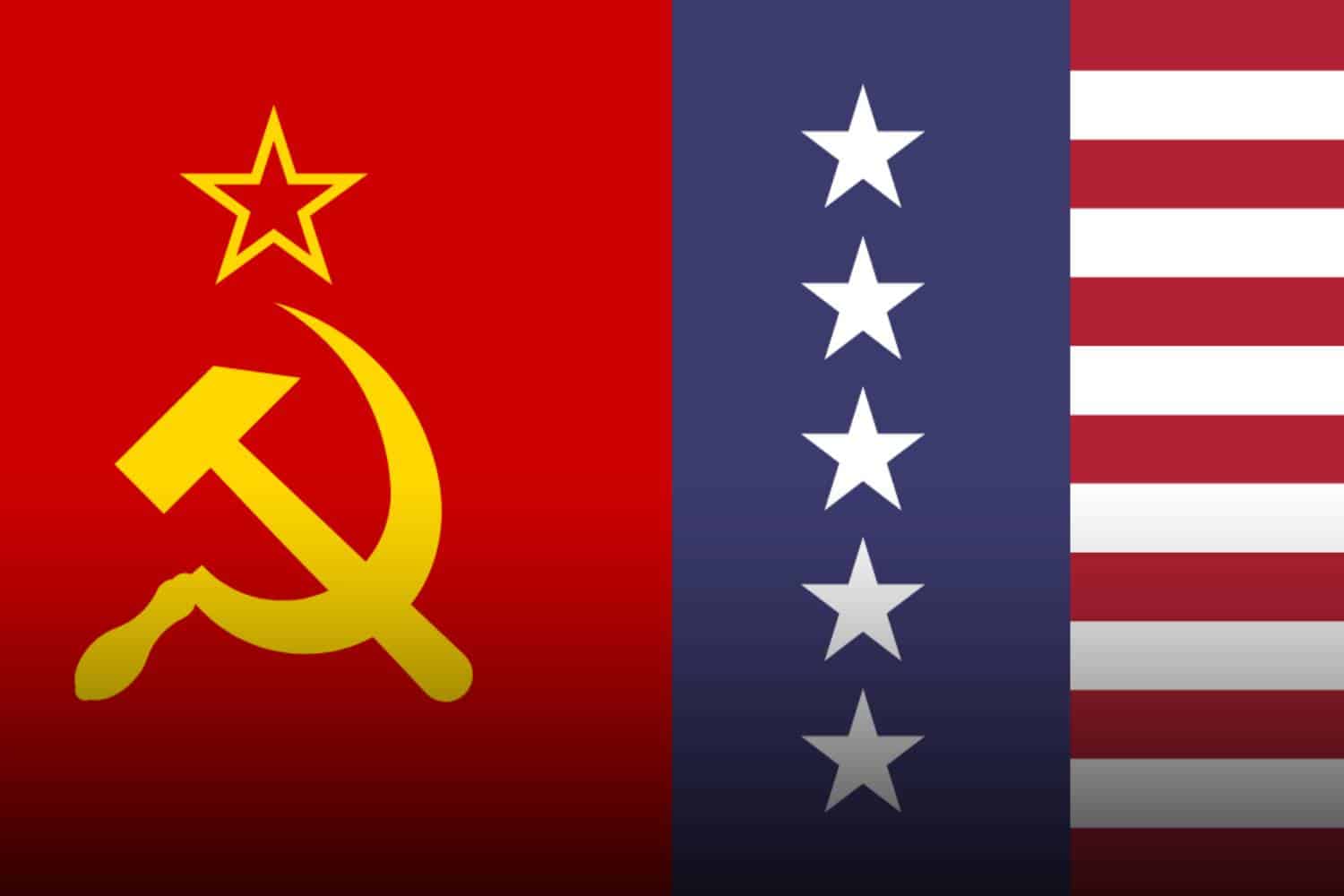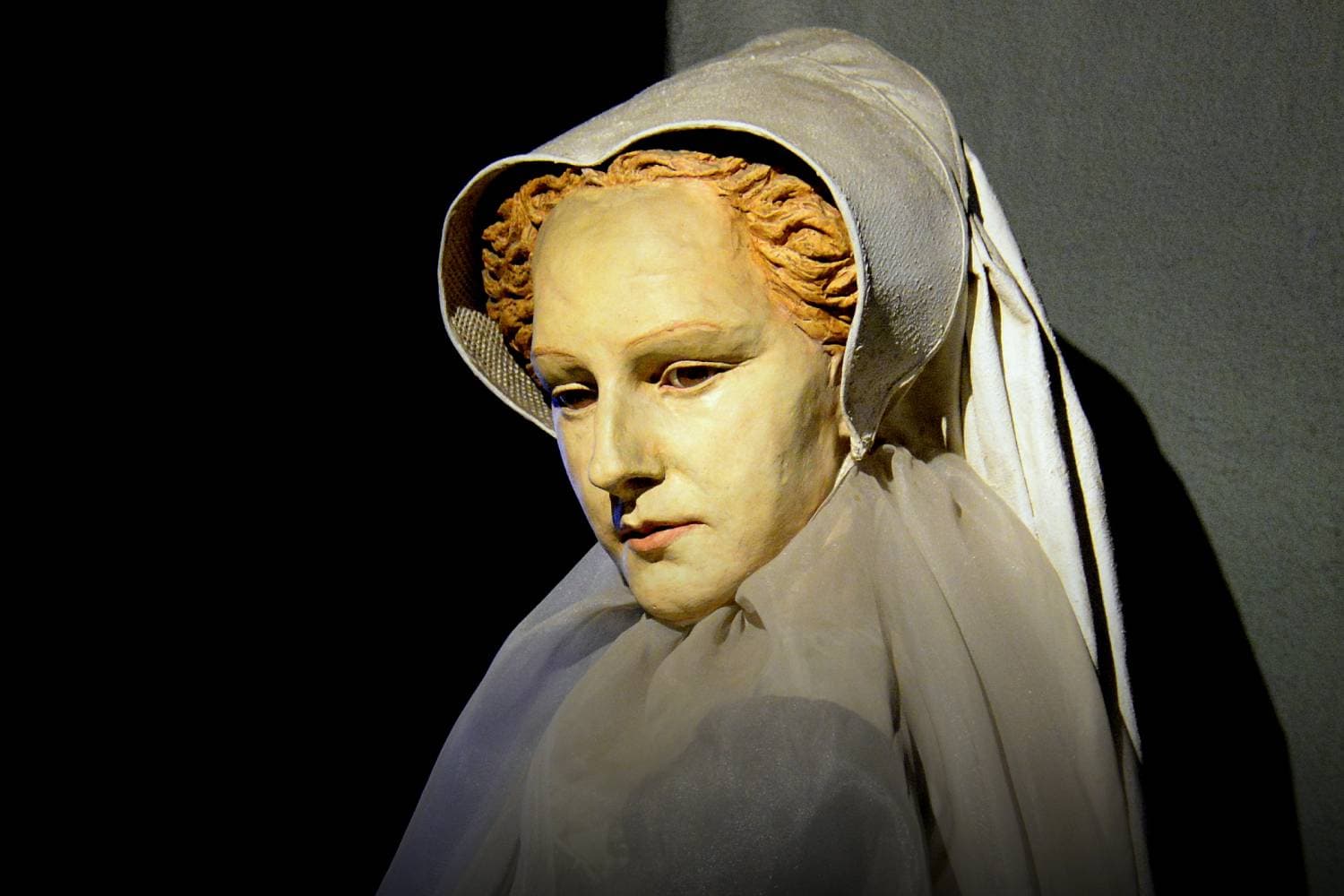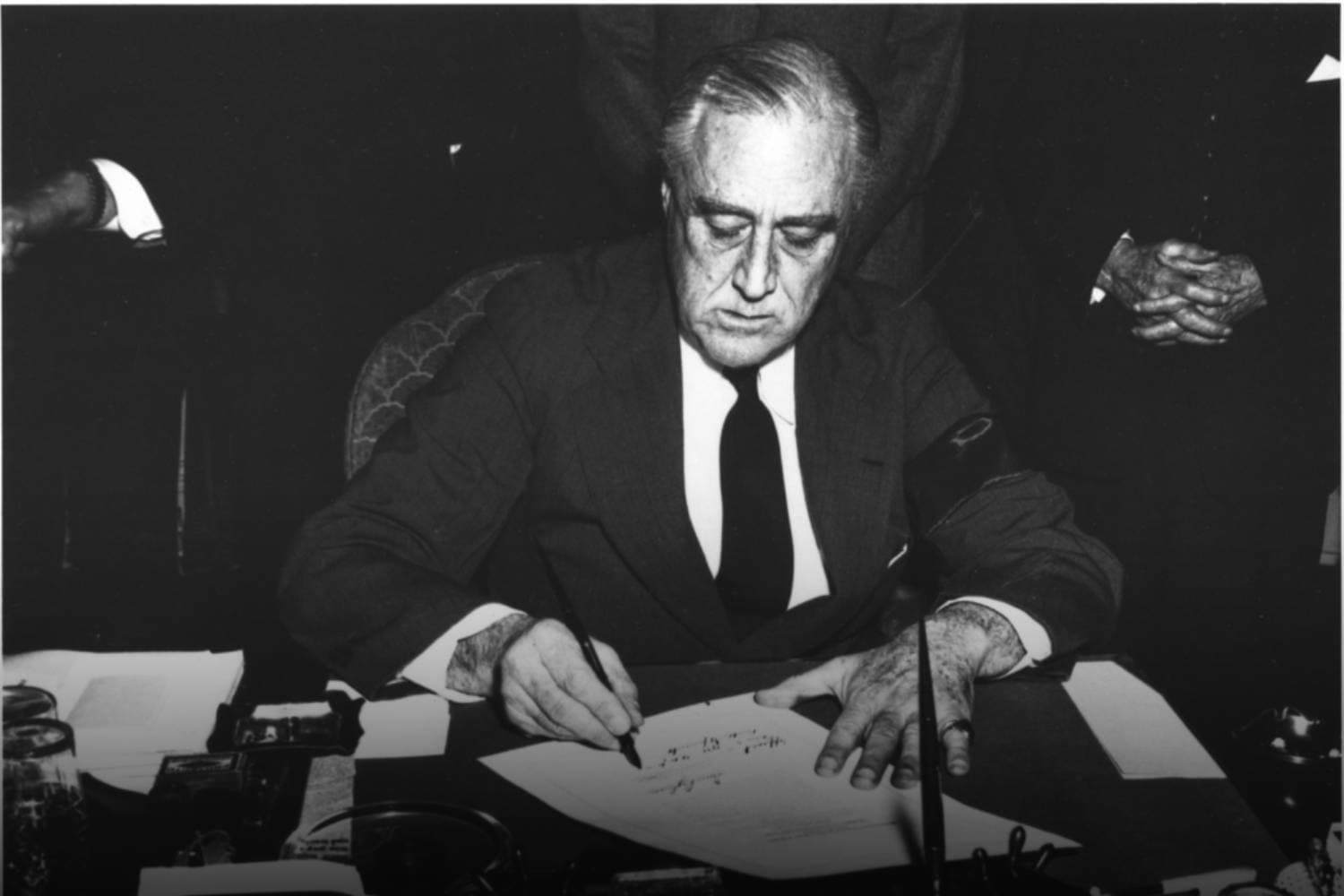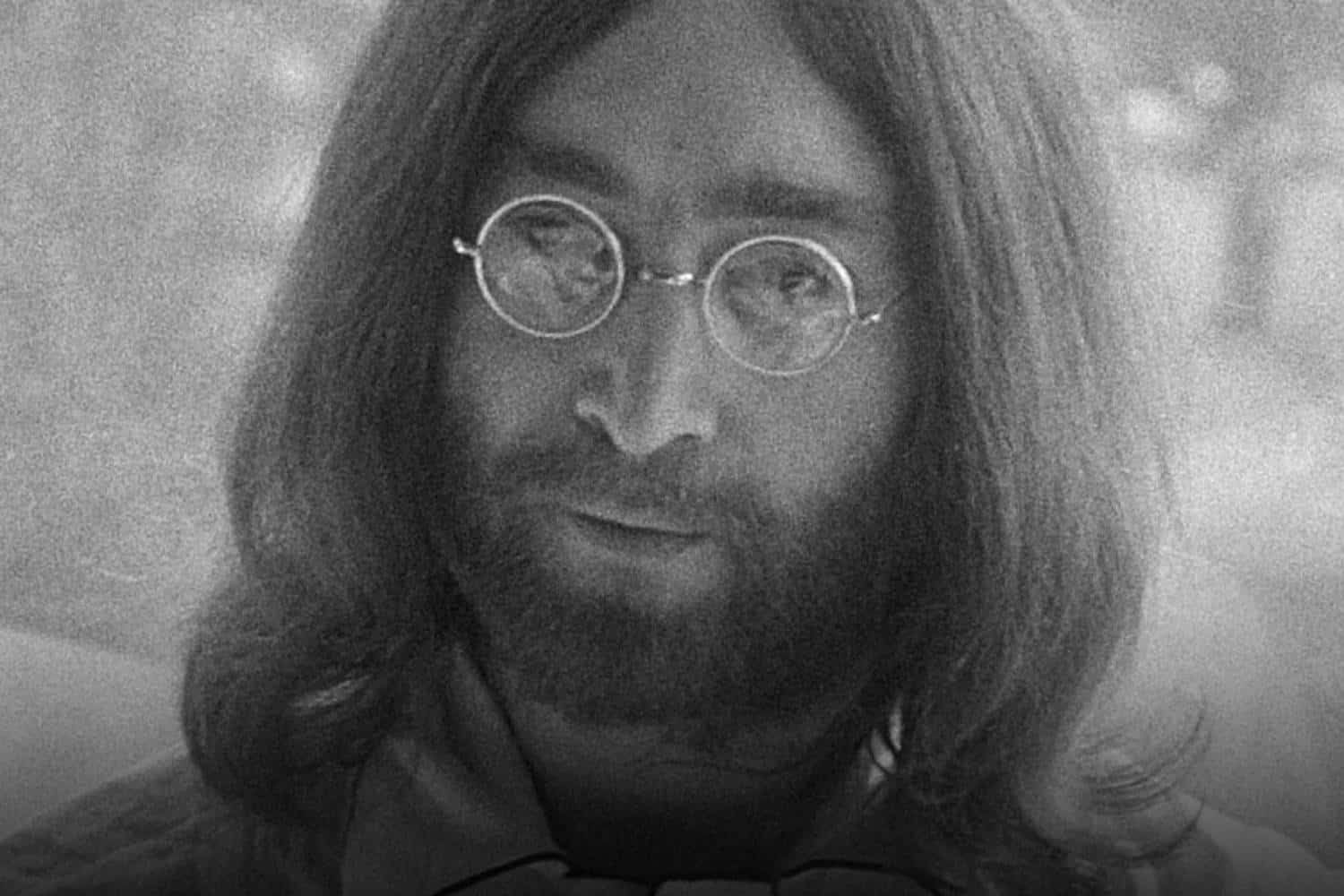This day, 8 December, stands out in the annals of history, marked by events that have had far-reaching impacts across various spheres of life.
Five historical events that happened on 8 December
Throughout history, certain dates have borne witness to events that not only capture the essence of their time but also influence the course of future generations.
December 8 is one such date, etched into the collective memory for a series of occurrences that span the spectrum of human experience.
From cultural icons to monumental political shifts, this date brings together a mosaic of moments that have each, in their own way, left a lasting imprint on the world.
John Lennon’s Assassination (1980)

John Lennon, a founding member of The Beatles, was tragically shot and killed on 8 December 1980, by Mark David Chapman. The incident occurred outside the Dakota apartment building in New York City, where Lennon lived with his wife, Yoko Ono.
Lennon, known for both his music and his advocacy for peace, was returning home from a recording session when he was shot four times in the back. His death shocked the world and led to an outpouring of grief from fans and fellow artists alike.
Reduction of Nuclear Arsenals (1987)

On 8 December 1987, the United States and the Soviet Union signed the Intermediate-Range Nuclear Forces Treaty (INF Treaty), agreeing to eliminate intermediate-range and shorter-range missiles.
This marked a significant step in the de-escalation of the Cold War. The treaty was the first of its kind to eliminate an entire category of nuclear weapons and included extensive on-site inspections for verification.
This agreement paved the way for future arms reduction agreements and was hailed as a major diplomatic achievement.
Signing of NAFTA (1993)

The North American Free Trade Agreement (NAFTA) was signed into law on 8 December 1993. This agreement created one of the world’s largest free trade zones between Canada, the United States, and Mexico.
NAFTA aimed to reduce trading costs, increase business investment, and help North America be more competitive in the global marketplace.
The agreement was controversial, with supporters arguing it would create jobs and economic growth, while critics claimed it would lead to job losses and environmental degradation.
Birth of Mary Queen of Scots (1542)

Mary Queen of Scots was born on 8 December 1542, in Linlithgow Palace, Scotland. She became queen when she was just six days old after the death of her father, James V of Scotland.
Her reign was turbulent, marked by her forced abdication, imprisonment, and ultimately, execution. Mary’s life was filled with political intrigue, including her marriage to the future King of France, conflicts with her cousin Elizabeth I of England, and involvement in various plots, leading to her execution in 1587.
US Declares War on Japan (1941)

Following the attack on Pearl Harbor by the Imperial Japanese Navy, the United States declared war on Japan on 8 December 1941. This marked the official entry of the US into World War II.
The declaration came from President Franklin D. Roosevelt, who described the Pearl Harbor attack as “a date which will live in infamy.” This event shifted the course of the war, leading to the eventual Allied victory and significant geopolitical changes in the post-war world.
